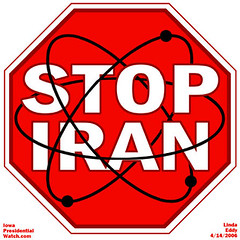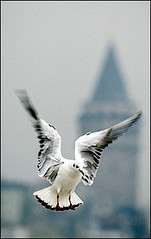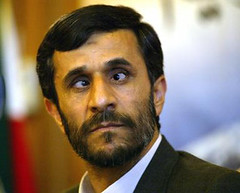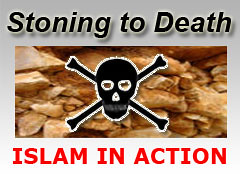Sunday, August 03, 2008
SYRIAN HEZBOLLAH LINKED GENERAL ASSASSINATED
Syrian President Bashar Assad's top aide and adviser, General Mohammed Suleiman, was assassinated on Friday, according to Arab news sources.
Suleiman, who was also Syria's liaison officer to the Hizbullah terrorist organization in Lebanon, was shot and killed by an unidentified sniper in the Syrian port city of Tartous.
Syrian authorities tried unsuccessfully to prevent publication of the news. The country's Albawaba newspaper, which reported the incident, speculated that Israel might have been behind the killing.
Both Albawaba and the London-based Al-Hayat newspaper raised the issue of last February's assassination of Hizbullah second-in-command Imad Mughniyeh, who died in a car bombing in Damascus. Syria blamed Israel for the killing, but Jerusalem denied any involvement.
This shadowy figure who acted for Bashar Assad in the regime’s four most sensitive and confidential spheres:
1. He was the president’s liaison man with the North Korean government. On his frequent trips to Pyongyang, Gen. Suleiman organized the consignment of components for the plutonium reactor in northern Syria, which Israeli demolished last September, and the security of the North Korean scientists and technicians who accompanied them.
2. Muhammad Suleiman was also the president’s private channel of communication with Iranian military and intelligence chiefs; in this capacity, he most probably facilitated the Syrian-Iranian-North Korean connection.
The Syrian reactor was designed to produce nuclear fuel for the Iranian program and radioactive weapons for Syria.
3. The late general also acted as the president’s contact man with Hizballah’s leaders. He worked directly with Imad Mughniyeh, head of Hizballah’s security apparatus, who was killed in Damascus last February.
4. His key function was the management of Assad’s personal interaction with the Syrian chief of staff, generals and heads of military intelligence. There was no state secret from the powerful general.
He was to have accompanied the Syrian president on his state visit to Tehran Saturday; instead he was laid to rest in his home village of Driekesh in the north.
Damascus has done its utmost to keep the general’s death under wraps, but word has spread and theories abound:
Speculation ranges from an outside hand, or a jealous rival to an internal element who felt the concentration of so much power in one hand was a threat to the regime.
Subscribe to:
Post Comments (Atom)














No comments:
Post a Comment